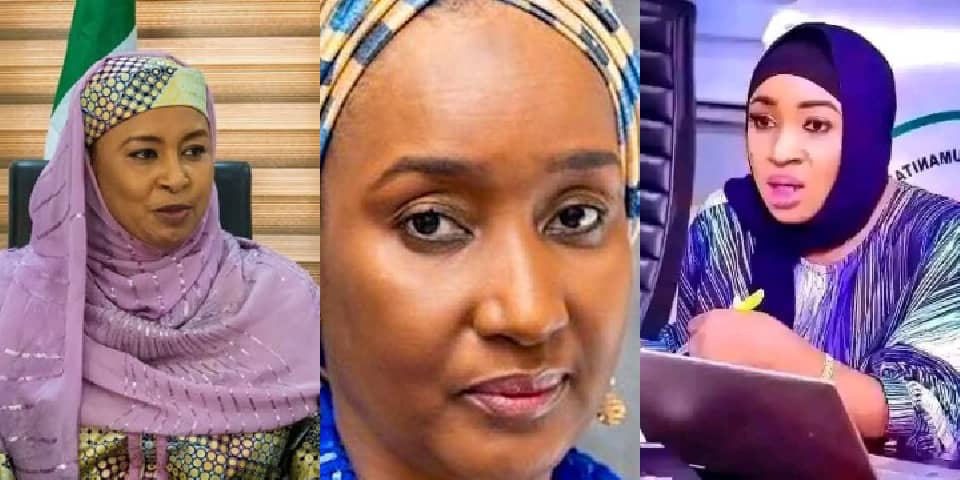Crime
President Tinubu Orders N2tn Poverty Relief Funds Probe, Edu Faces EFCC Today

|
Getting your Trinity Audio player ready...
|
President Tinubu Orders N2tn Poverty Relief Funds Probe, Edu Faces EFCC Today
By Haruna Yusuf, Abuja.
President Bola Tinubu has ordered the Economic and Financial Crimes Commission to launch a full-blown investigation into the finances of the Ministry of Humanitarian Affairs and Poverty Alleviation.
Tinubu handed down the directive in a statement on Monday by his Special Adviser on Media and Publicity, Ajuri Ngelale, who also announced the suspension of the Minister of Humanitarian Affairs and Poverty Alleviation, Betta Edu, over the N585m scandal in the ministry.
The statement was titled ‘President Tinubu suspends Minister of Humanitarian Affairs and Poverty Alleviation from office.’
Edu’s suspension was happening as her predecessor, Sadiya Umar-Farouq, was grilled for about 12 hours by the EFCC detectives over the ongoing probe into the N37.1bn allegedly laundered during her tenure in office, through a contractor, James Okwete.
The ex-minister was questioned from 11am to 11pm by investigators seeking information on how the huge sum was allegedly laundered by top officials who served under her.
Data from the Budget Office indicate that the ministry, erstwhile known as Humanitarian Affairs, Disaster Management and Social Development, had a N2.38tn budget from 2020 to 2024.
In compliance with the presidential directive, the EFCC has also summoned Edu to appear before its detectives on Tuesday (today).
Ngelale in the statement said the President directed the EFCC Chairman, Ola Olukoyede, to conduct a thorough investigation into all aspects of the financial transactions involving the Federal Ministry of Humanitarian Affairs and Poverty Alleviation, as well as the agencies under it.
Furthermore, the President tasked a panel headed by the Coordinating Minister of the Economy and Minister of Finance, Wale Edun, to conduct a comprehensive diagnostic of the financial architecture and framework of the social investment programmes.
This was aimed at reforming the relevant institutions and programmes in a determined bid to eliminate all institutional frailties for the exclusive benefit of disadvantaged households and win back lost public confidence in the initiative.








